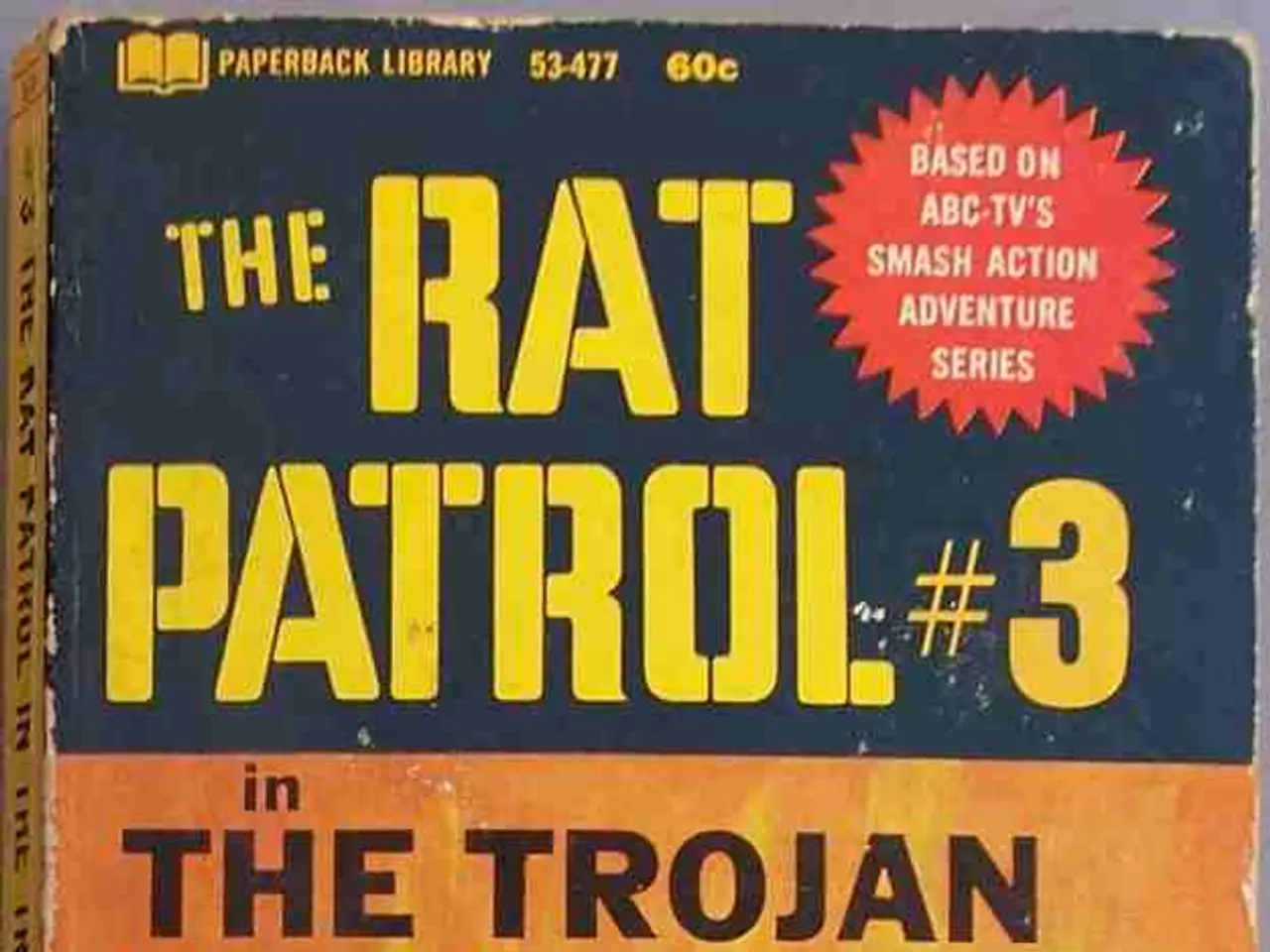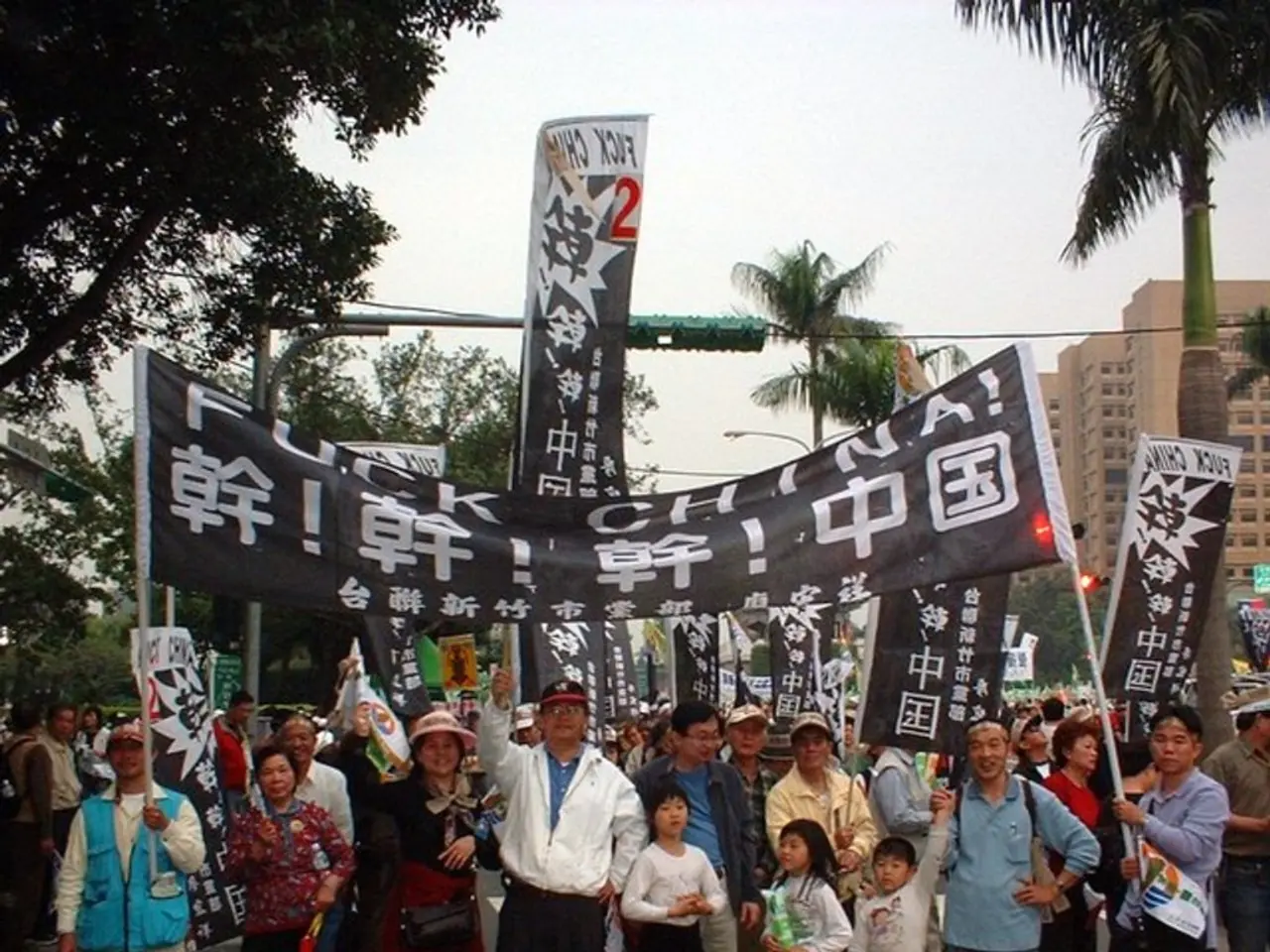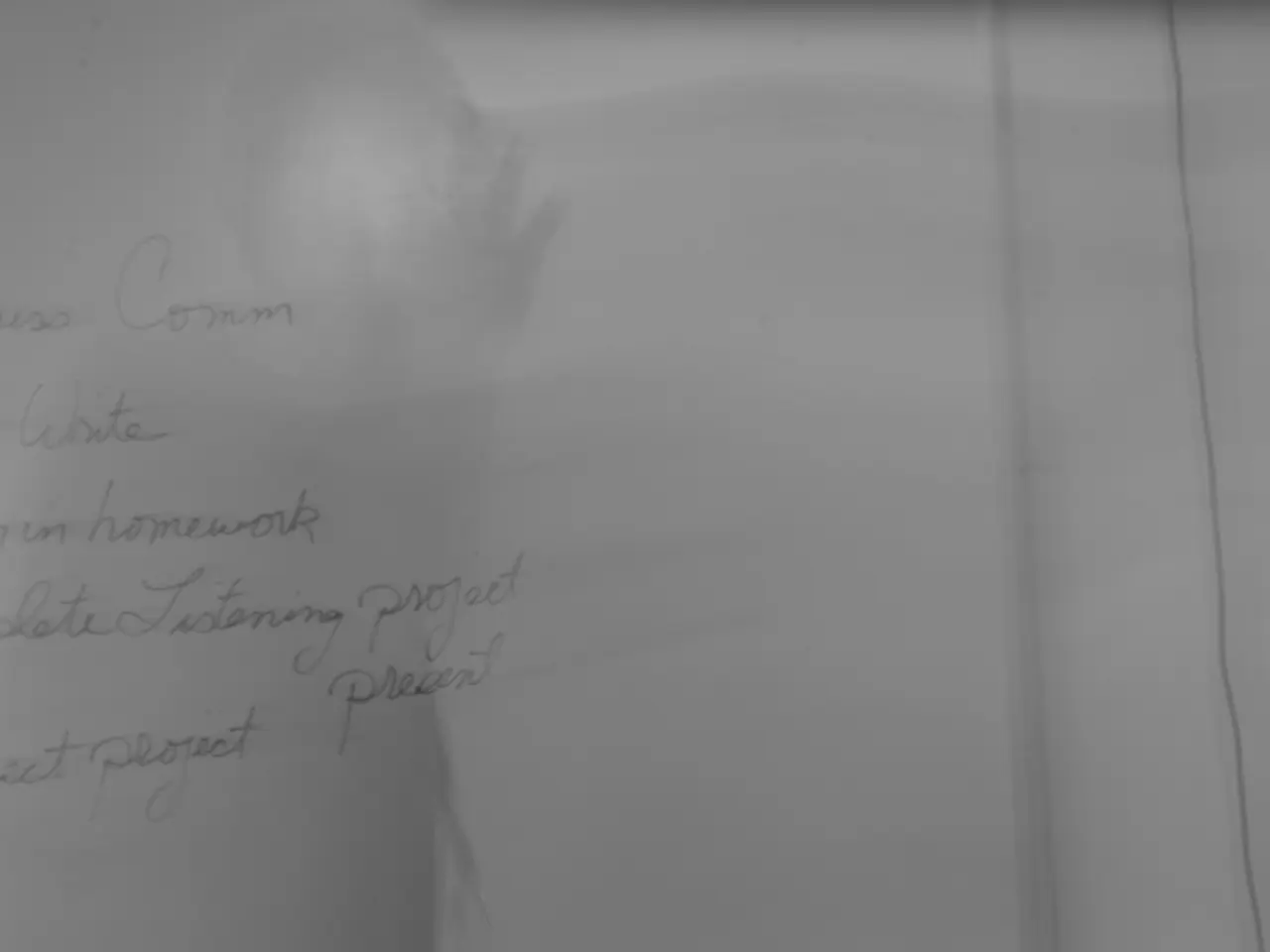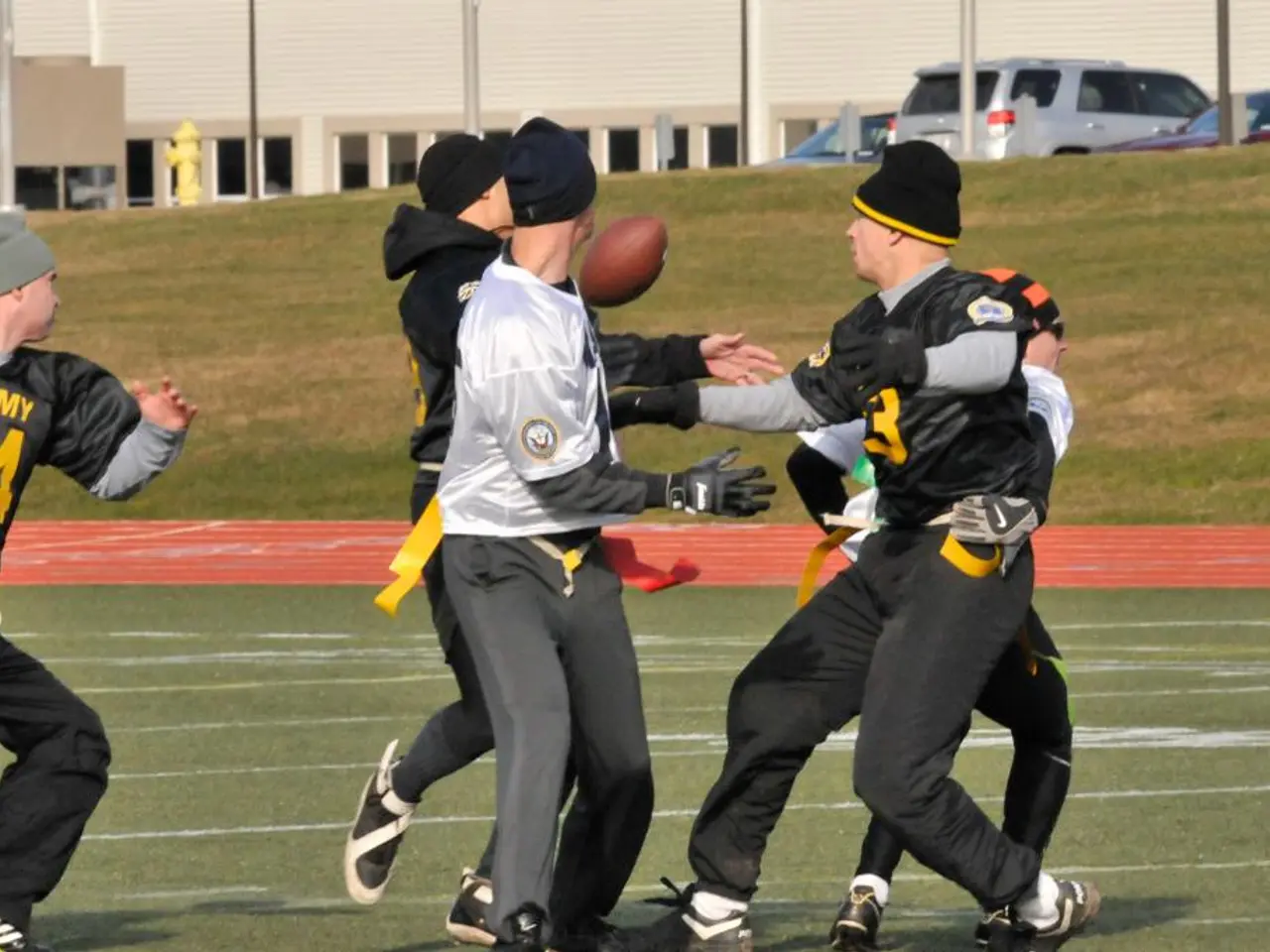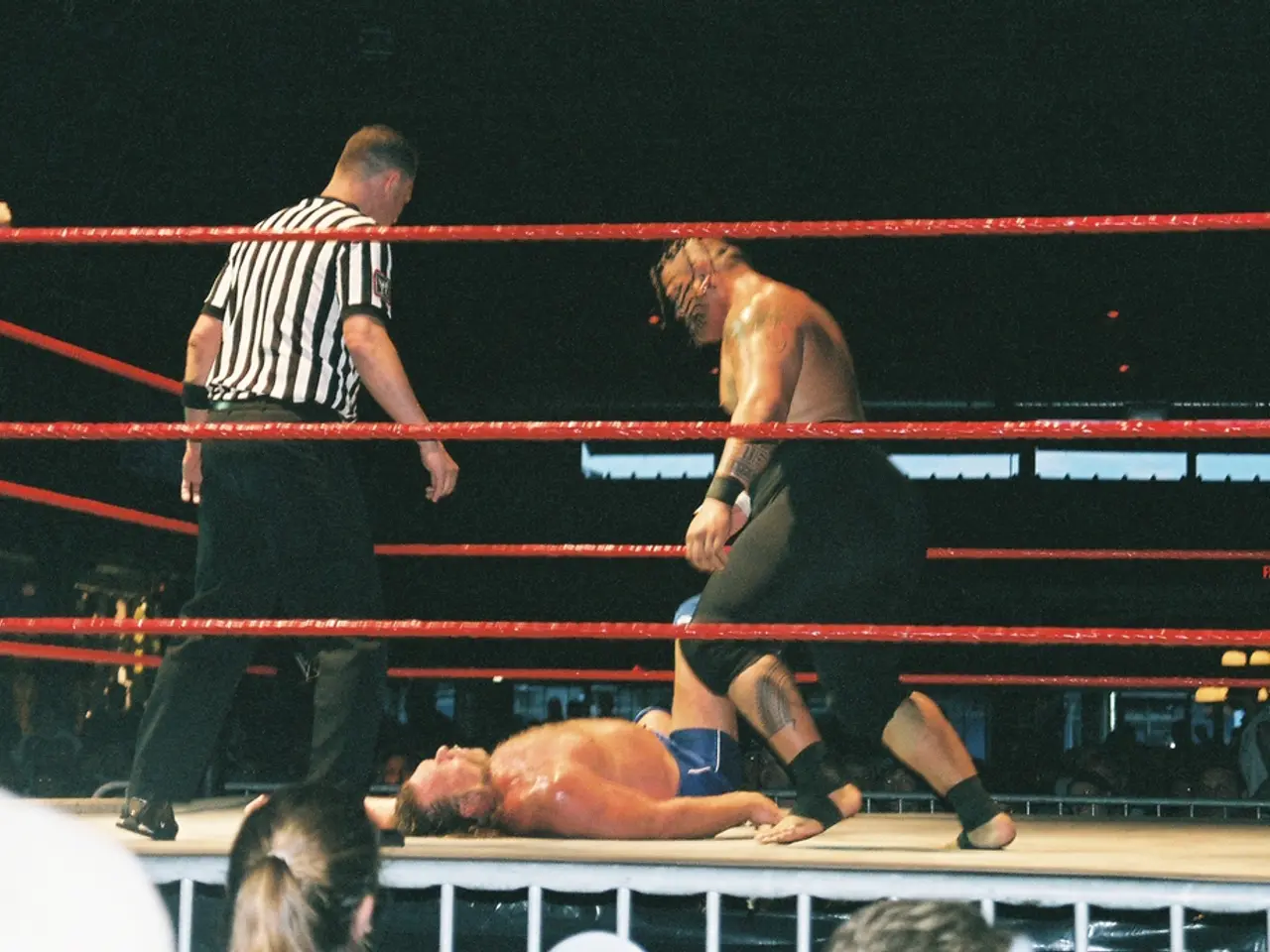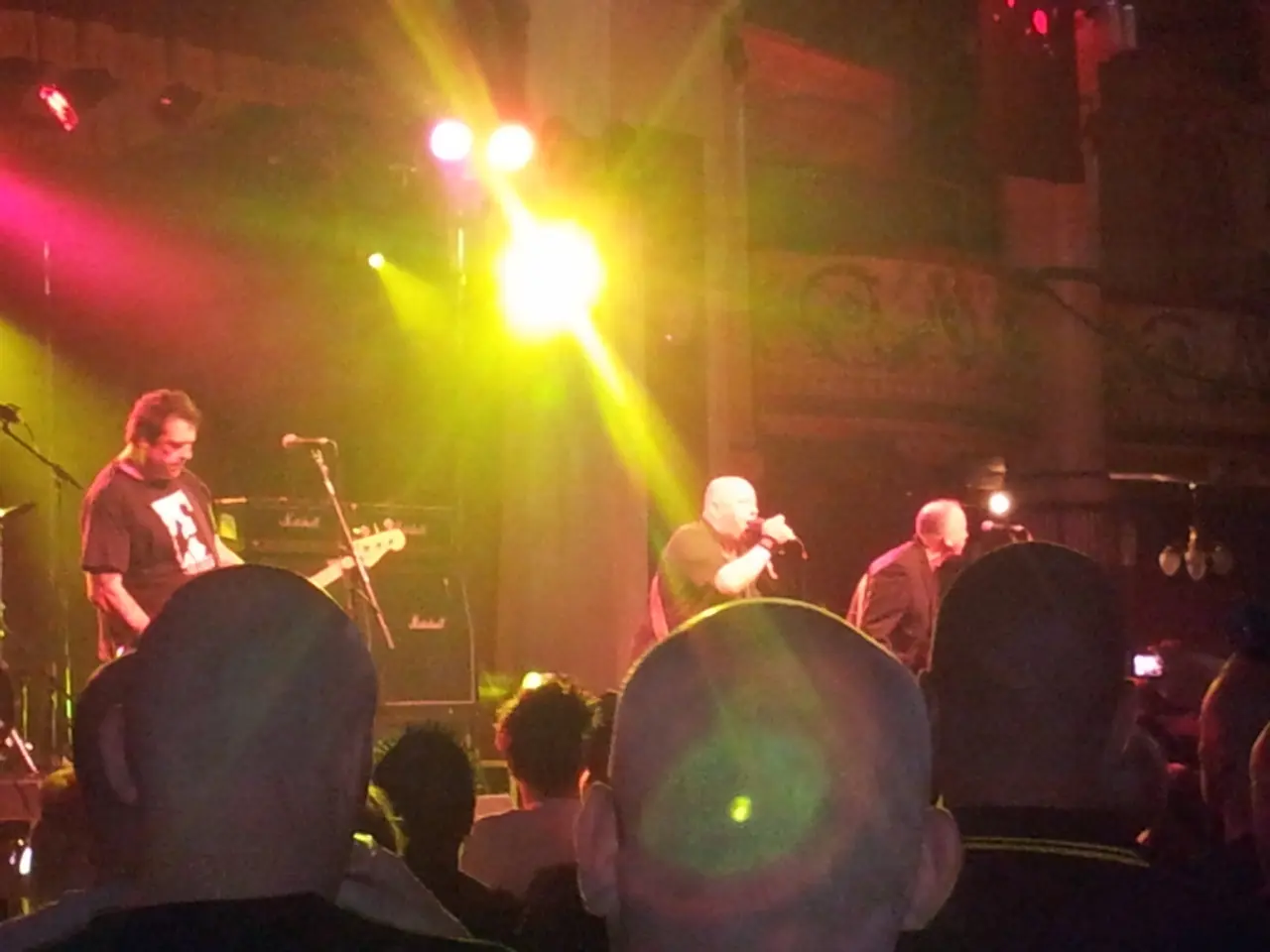Discussion on MWI Podcast: Post-Wagner Rebellion, Future of the War in Ukraine Explored
General Ben Hodges, a renowned analyst and former commander of U.S. Army Europe, recently joined John Amble on the MWI Podcast to discuss the latest developments in Russia and their repercussions on the ongoing war in Ukraine.
The recent events in Russia, particularly those involving its political, military, and internal stability, have profound implications for the war in Ukraine. Hodges highlighted how these events can impact Russia's military capabilities, affect morale within both Russian and Ukrainian forces, and shape international responses and support for Ukraine.
In his analysis, Hodges focused on several key areas:
- Russia's Military Capacity and Strategy: Hodges assessed how internal political strife, economic sanctions, and potential unrest within Russia might constrain the Kremlin’s military operations in Ukraine. He underscored the challenges Russia faces in logistics, troop morale, and leadership coherence, which are exacerbated by domestic issues.
- Ukrainian Resilience and Western Support: Hodges emphasized how Russian instability could embolden Ukrainian forces and bolster Western military and economic assistance, potentially shifting momentum on the battlefield.
- Geopolitical and Long-term Implications: He often discussed the broader implications for regional security and NATO’s posture, suggesting that sustained Russian difficulties could reshape alliances and deterrence strategies.
General Hodges sees the recent events in Russia as critical factors that could weaken Russia’s war effort in Ukraine, increase Ukrainian confidence, and influence Western policies. His insightful analysis underscores the interconnectedness of Russia’s internal situation with the unfolding conflict and the international response.
In a separate development, Yevgeny Prighozin, leader of the Wagner Group, publicly criticized senior Russian leaders and the management of the war in Ukraine in a recent video. Forces from the Wagner Group, under Prighozin's leadership, advanced toward Moscow but were halted 120 miles from the city.
The image used in this article is credited to kremlin.ru and is available via Wikimedia Commons. To listen to the insightful discussion on the MWI Podcast, subscribe on your preferred podcast app or find it on Apple Podcasts, Stitcher, Spotify, TuneIn, or your favorite podcast app. If you are enjoying the MWI Podcast, please take a moment to give it a rating or leave a review.
The ongoing war in Ukraine and its international response are significantly influenced by the internal political, military, and economic stability of Russia. General Hodges' analysis suggests that events within Russia, such as public criticisms from leaders like Yevgeny Prighozin, can shape not only Russia's military capabilities and strategy, but also impact morale within both Russian and Ukrainian forces, as well as influence Western policies and support for Ukraine.
